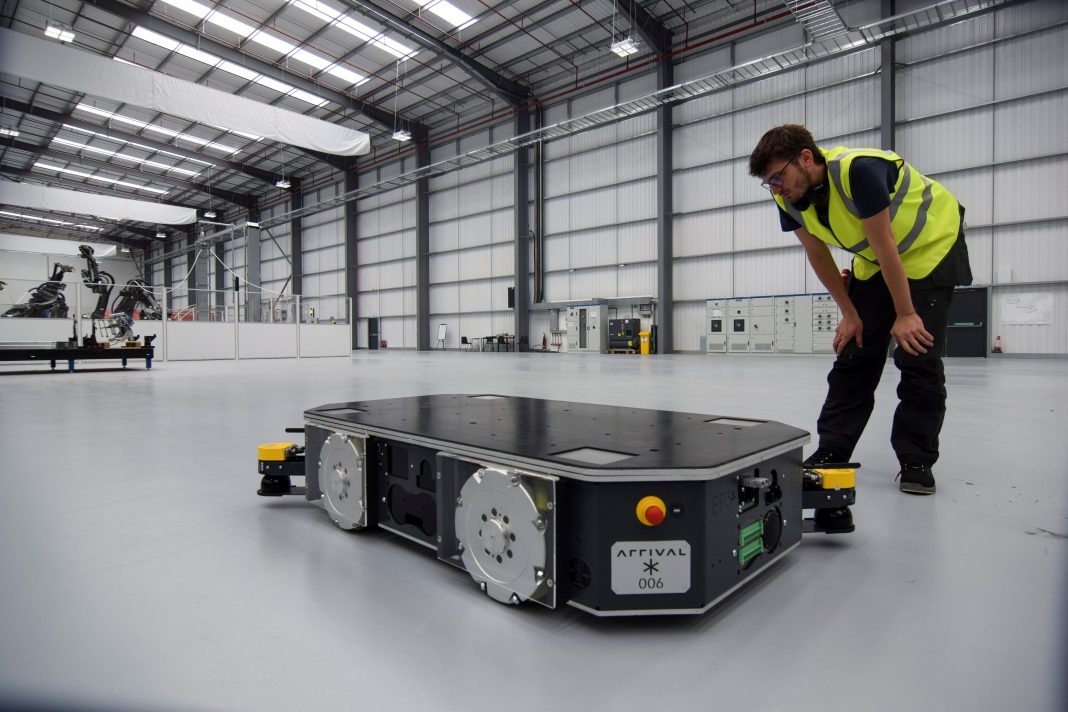All of the electric vehicle and van companies vying to be the next Tesla Inc (TSLA.O) want to avoid Elon Musk’s “manufacturing hell.”However, electric vehicle companies such as Arrival SA (47K.F) in the United Kingdom and Fisker Inc (FSR.N) in the United States are adopting completely different approaches to overcoming the hurdles of successful mass manufacturing that nearly bankrupted Tesla.
Few have been able to find investors prepared to put up billions of dollars to help them pay their voyage. Rivian has raised $10.5 billion in funding from Amazon.com Inc (AMZN.O), Ford Motor Co (F.N), and other investors as it ramps up the manufacture of electric vans, pickup trucks, and SUVs.
Startups with a dearth of capital Rivian’s piles of capital require less expensive routes to mass manufacturing or risk falling behind in the EV arms race, a worry Musk frequently underscored on Tesla’s July 26 earnings call.
“The thing that’s remarkable is that Tesla didn’t go bankrupt in reaching volume production,” Musk said.
Tesla struggled to build up commercial production of the Model 3 car in 2017 and 2018, with the then-losing automaker burning through cash as it battled over-reliance on automation, battery difficulties, and other obstacles. To reach its production targets, it even built a new line in a big tent outside its Fremont, California, factory in just two weeks.
Many automakers have traditionally spent more than $2 billion on a factory capable of producing 240,000 or more vehicles per year. Arrival has chosen to develop “micro-factories” for electric vans and buses, which are small operations with low-cost equipment that cost $50 million. Arrival’s vans are composed of lightweight colored plastic composite and do not require paint shops, which can cost hundreds of millions of dollars. Arrival raised $660 million in its March initial public offering and is currently constructing two plants in the United States: one in North Carolina that will produce vans for United Parcel Service Inc (UPS.N), the company’s largest customer to date and another in South Carolina that will produce buses. It is also constructing a factory in Spain. Arrival will announce more plants later this year, according to Abelson.
Electric Last Mile Solutions (ELMS.O) aims to introduce a compact electric van in the United States later this year, and will first reassemble prefinished vehicles built in China at a former GM plant in Mishawaka, Indiana, installing new seatbelts and other safety measures to comply with US standards.
According to CEO James Taylor, this will save hundreds of millions of dollars in stamping dies and body shop welding equipment in the short term. As the company’s income develops, it will gradually incorporate more American components.
“We’ll work our way backward, adding more and more local content as we go,” Taylor said.
Contract manufacturing agreements lower upfront costs in exchange for a part of revenue and possible profits from Magna or Foxconn. The agreements should also assist acquire equipment and parts at a time when supply chains are clogged, according to Henrik Fisker, CEO of the electric vehicle startup that carries his name.












